Dental irrigation, also known as oral irrigation or water flossing, is a method of cleaning between teeth and along the gumline using a pulsating stream of water. This technique complements traditional brushing and flossing by effectively removing food particles, plaque, and bacteria from hard-to-reach areas of the mouth.

How does oral irrigation work
Oral irrigation can be done as a stand-alone treatment or combined with other dental treatments.
During a deep cleaning for periodontal disease, the oral irrigator is often used after a procedure called scaling and root planing. The oral irrigation flushes out the periodontal pockets and is used to apply an antimicrobial substance to further eliminate harmful bacteria.
For advanced periodontitis, oral irrigation can be used as an adjunct to pocket reduction surgery. During this instance, oral irrigation is done at the end of the procedure as an additional method of reducing and eliminating harmful bacteria.
Why you need oral irrigation
- Enhanced Plaque Removal: Dental irrigation reaches areas that toothbrushes and traditional flossing may miss, such as deep gum pockets and around orthodontic appliances. By flushing out bacteria and debris, it helps to prevent the buildup of plaque and reduces the risk of tooth decay and gum disease.
- Gingivitis Prevention: Gingivitis, the early stage of gum disease, is often caused by inadequate plaque removal. Dental irrigation can be an effective tool in preventing gingivitis by gently massaging the gums and stimulating blood circulation. This process promotes gum health and reduces inflammation.
- Managing Periodontal Disease: For individuals with periodontal disease, dental irrigation can be particularly beneficial. It aids in controlling the progression of the disease by flushing out bacteria and reducing the depth of periodontal pockets. Dental professionals often recommend the use of dental irrigation alongside other treatments for optimal results.
- Orthodontic Care: If you wear braces, dental irrigation becomes even more important. The brackets and wires create additional spaces where food particles and plaque can accumulate. Oral irrigation helps dislodge these particles, ensuring thorough cleaning and reducing the risk of cavities and gum problems during orthodontic treatment.
- Improved Bad Breath: Persistent bad breath can be a result of bacteria and food debris trapped in hard-to-reach areas of the mouth. Dental irrigation can effectively remove these odor-causing culprits, leaving your breath fresh and clean.

Incorporating dental irrigation into your daily oral hygiene routine can significantly improve your dental health. By enhancing plaque removal, preventing gingivitis, managing periodontal disease, facilitating orthodontic care, and combating bad breath, dental irrigation offers a comprehensive solution for maintaining a healthy and beautiful smile.
Consult with your dentist to determine the most suitable dental irrigation device for your needs. Remember, alongside regular brushing, flossing, and professional dental cleanings, dental irrigation can be a valuable asset in your pursuit of excellent oral hygiene.
Take the first step towards a healthier smile and embrace the benefits of dental irrigation today!
